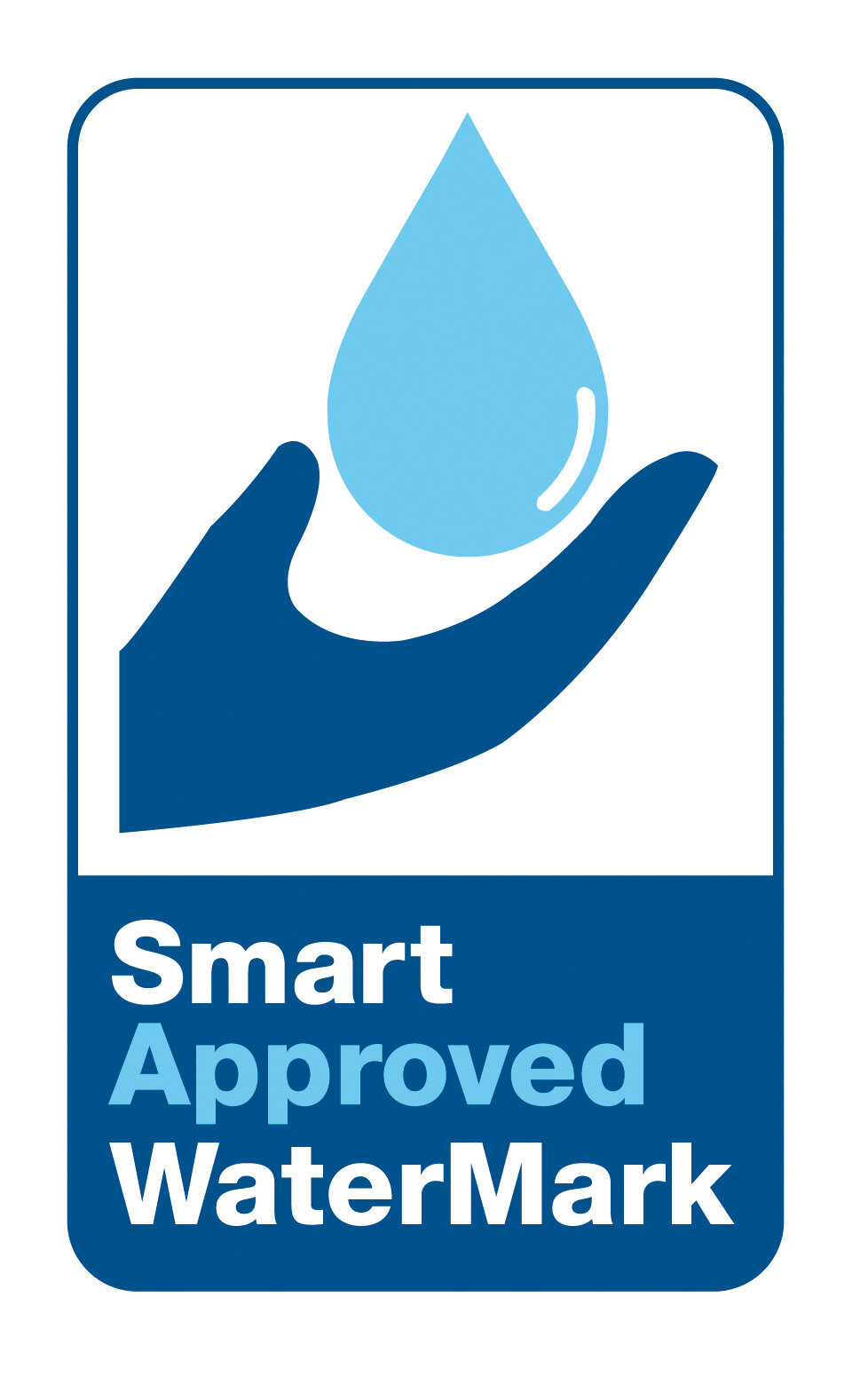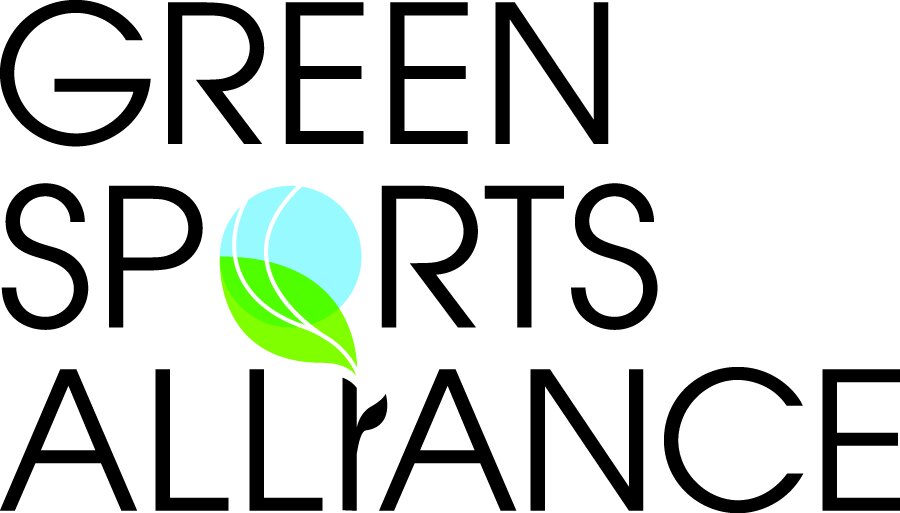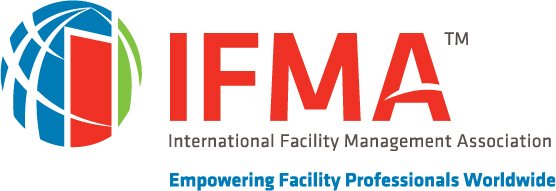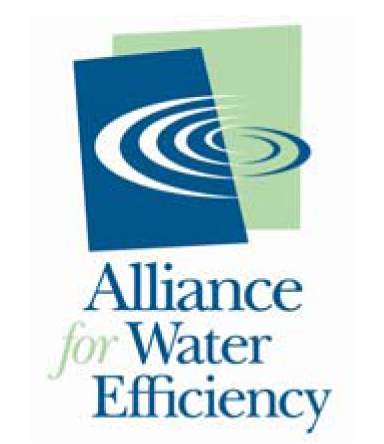Cleaning waterless urinals involves using a nonabrasive cleanser and wiping the interior and exterior areas clean
Optimism: Individual & Corporate Water Management
Reflections from Jen
Water management often dominates my thinking during the summer: my county’s reservoir is five minutes from home and I paddle board there as often as I can (hey, at least it’s a healthy addiction). In spring, as snowmelt comes from the mountains, the reservoir fills. By late July, trees that were once firmly on the ground become submerged, and I paddle through water-logged aspen glades. Then, as summer goes on, the level begins its expected drop.
But this summer, following a winter of low snowpack, the water never got as high – and it fell faster than ever. By now, even the bands of teenage cliff-jumpers, who joyfully ignore the “no jumping” signs, have mostly disappeared – there’s just not that much water to jump into.
To read more on this article, click here to visit Environmental Leader.
Express Water - India's Monthly Publication
To read this article and more in the publication Express Water, Click here to download the issue.
Worst-ever water crisis for India
Why You'll Want to Consider Waterless Urinals for Your Facility
This Will Help You Understand Why Schools Want Waterless Urinals
Take The Waterless Urinal Dry Facts Test
Hotels Add a Splash of Elegance by Going Waterless
What We Have Learned from the “Water Guinea Pigs” of Cape Town
Cape Town Residents use Half the Amount of Water than Before ‘Day Zero’
Cape Town, South Africa, faces a major water crisis, but the city has managed to stave off Day Zero – that is, the day the city would actually run out of water completely – for the foreseeable future. Still, with “severe climate change looming, the city of 4 million will face a reckoning sooner or later,” writes climate expert Ashley Dawson, a native of Cape Town, in the Washington Post. “And it will not be alone.”
Cape Town’s water crisis – and the city’s response to it – has shown that planning for a drier future needs to be comprehensive, integrated and realistic, Dawson writes.
But Cape Town has also shown us that such crises can be successfully addressed.
Today, Cape Town residents are using nearly 50% less water than they were in 2015 and reductions are expected to continue, says Klaus Reichardt, CEO and founder of Waterless Co...
To read more on this article, visit Environmental Leader by clicking here.













